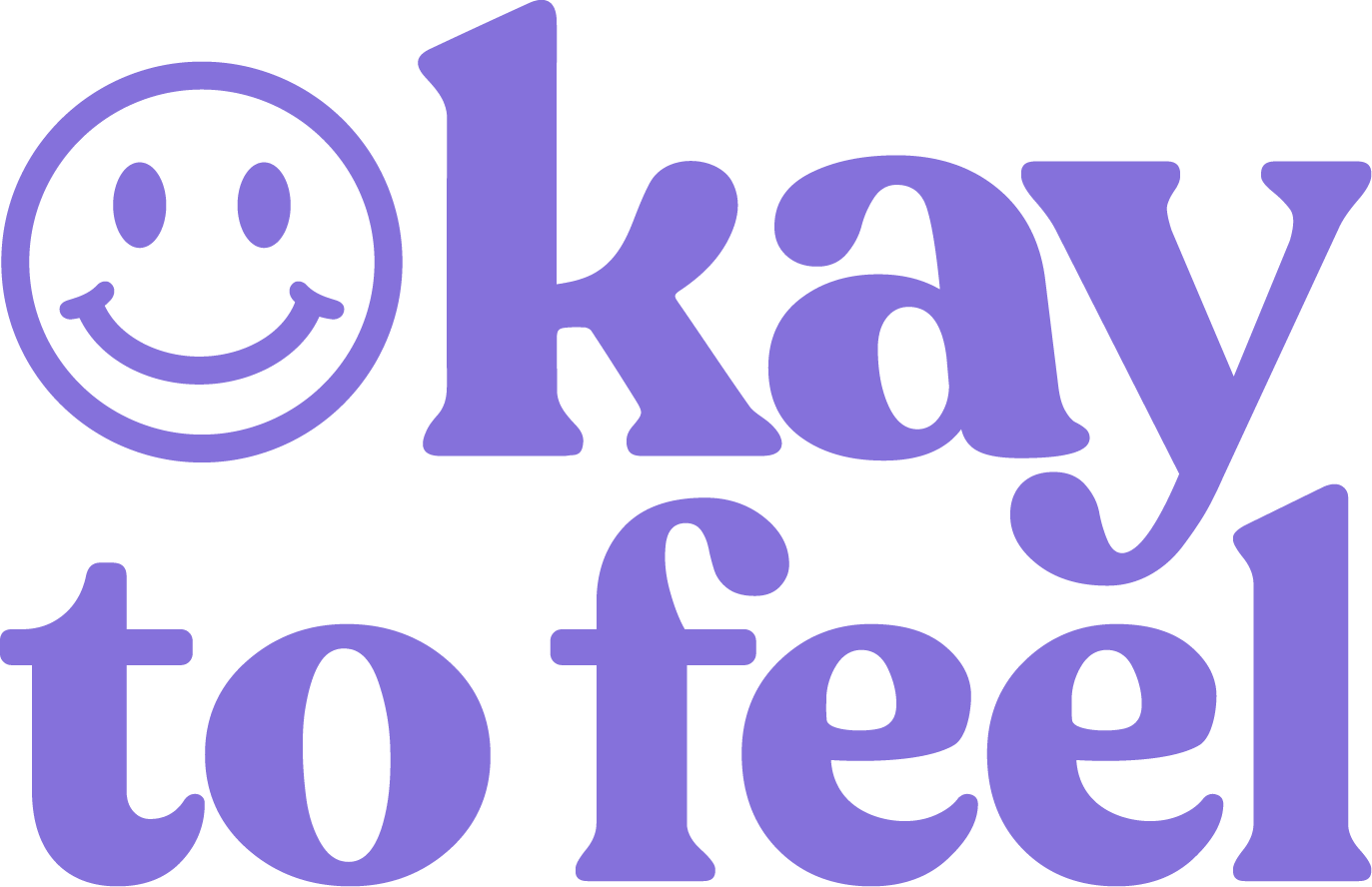"She is SO annoying. She follows me around all day and tries to copy just what I am doing or saying."
These are the literal words that came from one of my tween students yesterday, referring to her younger sibling. Actually, I have heard this complaint SO many times from kids and especially, tweens.
They feel suffocated by a younger sibling who wants to do exactly what they do and be like them.
And I can personally relate, being the younger sister in the family and having spent countless hours spying on my sister and secretly trying on her bell-bottoms and neon track suits (oh how I miss the 90's)!
Anyway, what followed this particular student's share was an awesome lesson about learning how to express and meet our own NEEDS.
So I thought I would share some of its golden nuggets ⚡️ ⚡️⚡️with you today!
Recognizing, sharing, and meeting our needs can be so hard. And I get it, with kids in the house (and life in a never-ending pandemic), sometimes it is just not fully possible.
But as your kids grow up and become more independent, it is so important to teach them how to notice, express, and meet their own needs - because that is a huge part of sustaining our mental, emotional and physical well-being.
An easy way to start is by noticing and expressing your needs, too (modeling for your child exactly what you want them to be able to do in the future).
To begin, use language your child understands.
Say: "Oh boy, I am feeling really mindFULL right now. I need some deep breaths and a few minutes of quiet time right now. Do you think we could make that happen, or should I go to another room while you listen to a story?"
Naming the need aloud and then meeting it is guiding your child through the process (even if it end up in giving a little extra screen time, sometimes).
Here are some more of my tips for guiding your children (or students) to be more aware of their needs and begin to express them.
Make a factual observation: I noticed you are moving your legs and arms a lot under the table.
Ask a direct question referring to their feelings and needs and use empathy: Are you feeling unfocused? What do YOU think you need right now? I imagine you feel restless.
Problem-solve and make a plan together: What if we take a 10-minute dance break and then go back to our adding and subtraction?
Instead of immediately deciding for a child what he or she needs, give them the space to think about it and express it on their own (they may need extra help, depending on their age).
The child who speaks over others needs someone to wholeheartedly listen to them the most.
The child who acts out in anger needs someone to be the calm in their emotional storm.
The child who is a perfectionist needs to be shown acceptance and love, no matter what they do.
The child who has trouble settling his mind and body needs someone to sit still and breathe with them the most.
Remember - the little moments are actually the big moments. If you manage to notice, share, and meet one need this week, it is a win!
And I will be rooting for you and your kids from here (go, you 🙌🏼) .

